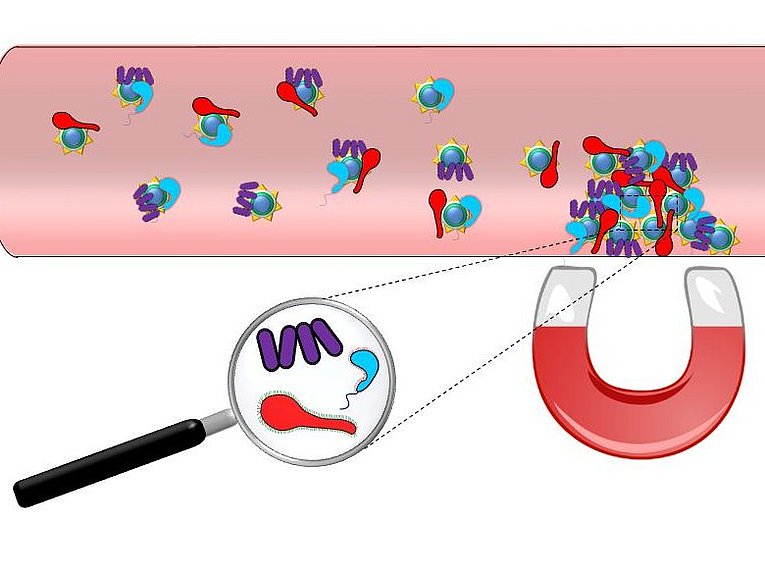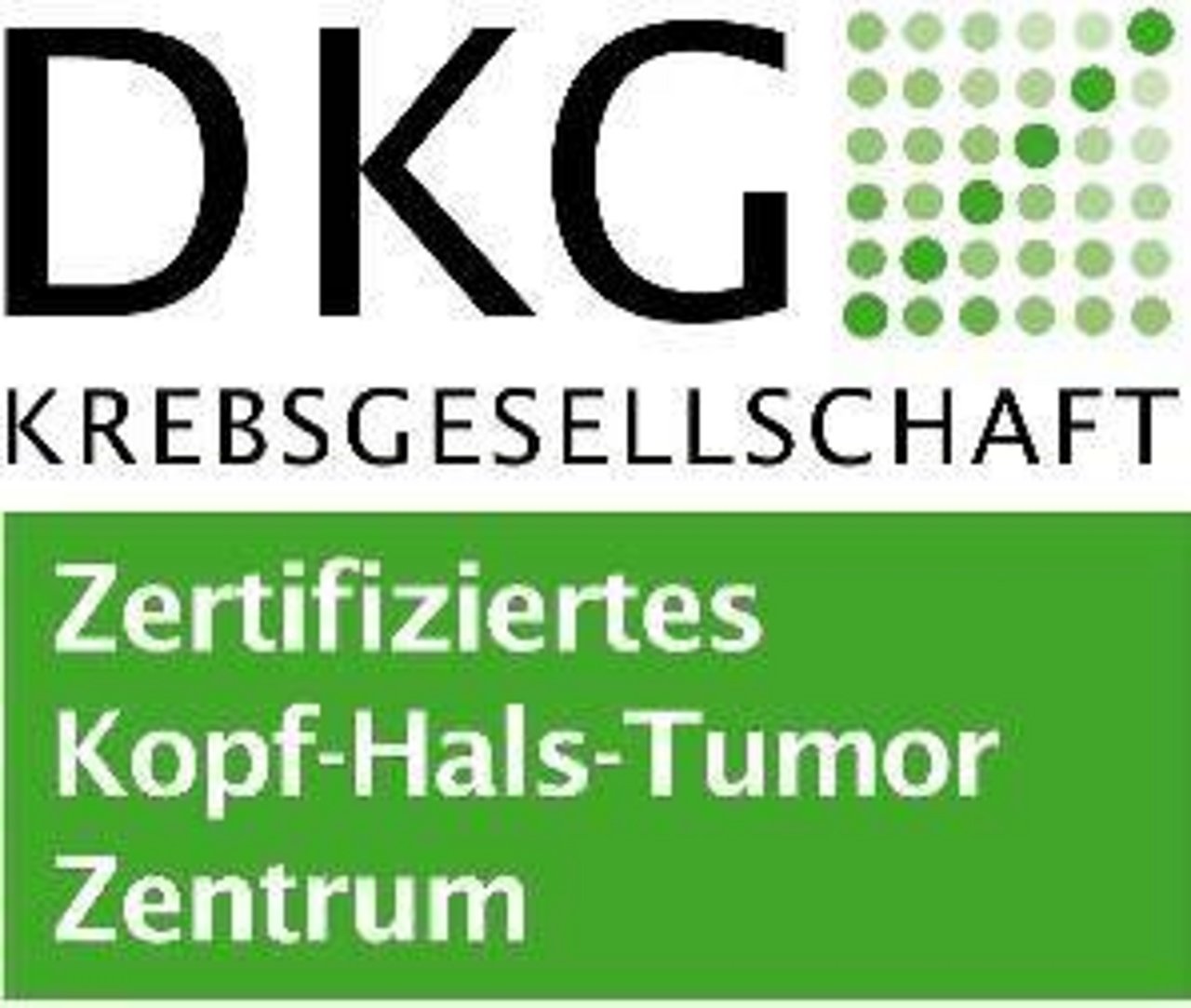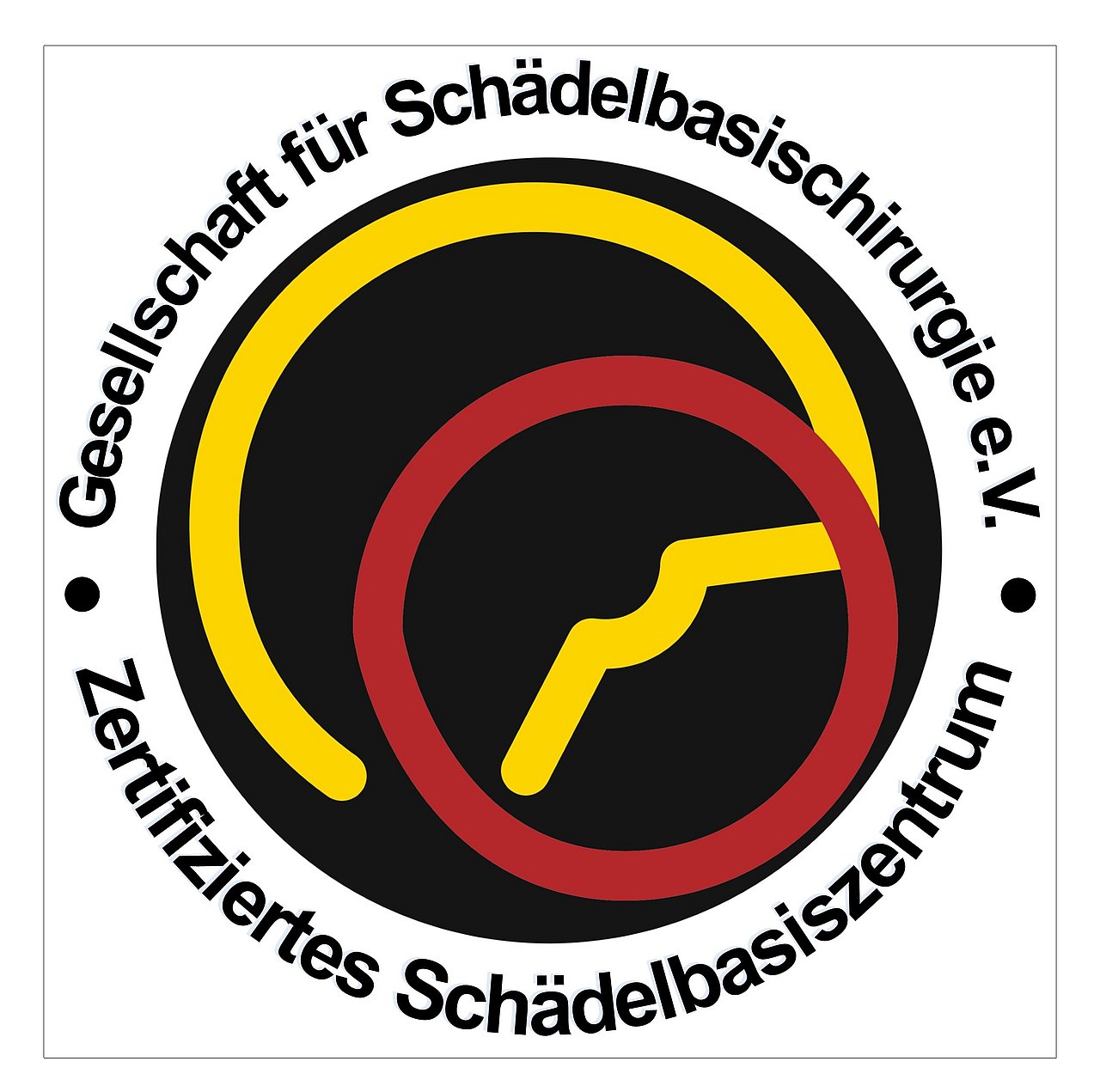Bacterial infections are a current and very urgent topic for basic medical research. The problem is of global importance and affects highly developed industrialized countries, emerging economies and regions with a very low level of development. Associated with this complex of issues are such important manifestations as sepsis and epidemic diarrheal diseases. The situation is exacerbated by increasingly common antibiotic multi-drug resistance. The fields of nanotechnology and protein research can contribute with promising developments to the therapy of infectious diseases and sepsis. At SEON, we aim to take advantage of this to develop effective tools that can specifically extract pathogens from blood. For this purpose, the magnetic nanoparticles we develop and manufacture are functionalized with special peptides only 15 to 20 amino acids long. These are able to bind specific oligosaccharide structures on bacteria or their fragments, the toxins. The range of applications is surprisingly broad and includes gram-positive and gram-negative bacteria, but also certain viral pathogens. Much of the exact mode of action is still unclear. However, promising prospects are opening up for generating tailored binding behavior through certain variations in the peptide sequences in order to intercept only certain groups of bacteria. In initial published pilot experiments, we succeeded in using peptide-functionalized nanoparticles to capture over 90 percent of a model toxin from fluid media. This can make existing pathogen diagnostics more sensitive and faster, and later decisively improve the therapy of infections.
Nanoparticle-based magnetic isolation of specific bacteria and toxins for sepsis therapy and diagnosis of bacterial infectious diseases
Dr. Pfleger Foundation, 2020-2021
Effective sample preparation is a bottleneck in the diagnosis of infectious diseases and sepsis in particular, often compromising later investigations and thus effective and rapid treatment. We are developing extracorporeal magnetic clearance systems to remove pathogens from blood to accelerate diagnosis, as well as increase their sensitivity and combat acute disease conditions such as sepsis. The project under the requested grant from the Dr. Pfleger Foundation will help us develop an important building block for this endeavor. This includes the further development of the extraction system for the binding of additional toxins and an intact bacterium and the significant improvement of the magnetic properties of the particles used in order to realize a magnetic separation in clinically meaningful incubation times.









